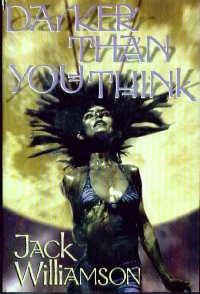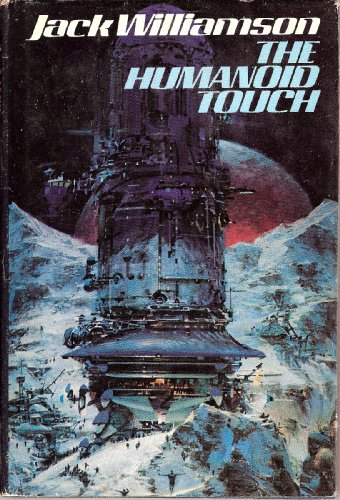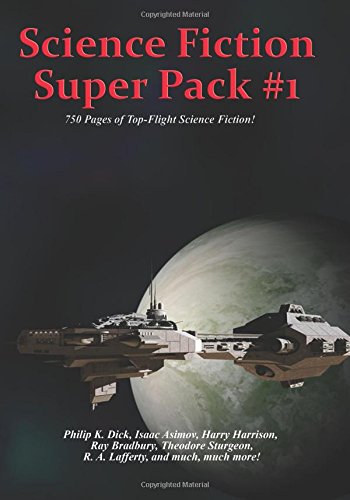The Stone From the Green Star by Jack Williamson
As I mentioned recently in my review of Edmond Hamilton’s 1930 novel The Universe Wreckers, this Ohio-born author was just one of three writers who helped to popularize the genre now known as “space opera,” the other two being E.E. “Doc” Smith and Jack Williamson. I’d recently experienced Smith’s seminal six-book LENSMAN series, written between 1934 and ’48, but it had been a good number of years since I’d read anything by Williamson,
Read More

































It's hardly a private conversation, Becky. You're welcome to add your 2 cents anytime!
If the state of the arts puzzles you, and you wonder why so many novels are "retellings" and formulaic rework,…
I picked my copy up last week and I can't wait to finish my current book and get started! I…
Gentlemen, I concur! (Forgive me for jumping into your convo)
The cover is amazing. I love how the graphic novel (and the review!) hewed close to the theme of "good…